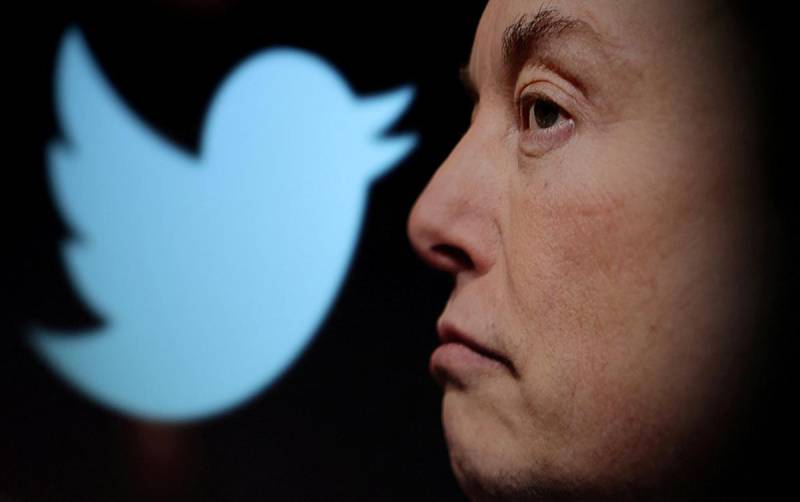New Twitter owner Elon Musk declared last month that “hate speech impressions” had dramatically fallen on the platform since he took over. It was a remarkable claim, given that Musk has executed mass layoffs and chased away hundreds of employees, draining the company of much-needed resources to enforce content moderation policies, which the billionaire has also publicly criticized.
On Friday, two watchdog groups published research that indicated Musk’s claim simply did not hold water, offering one of the clearest pictures to date of the surging tide of hate speech on the platform.
The Center for Countering Digital Hate and Anti-Defamation League both said in reports that the volume of hate speech on Twitter has grown dramatically under Musk’s stewardship. Specifically, the Center for Countering Digital Hate said the daily use of the n-word under Musk is triple the 2022 average and the use of slurs against gay men and trans persons are up 58% and 62%, respectively. And the Anti-Defamation League said in a separate report that its data shows “both an increase in antisemitic content on the platform and a decrease in the moderation of antisemitic posts.”
Both groups expressed alarm with what they are seeing occur on Twitter, one of the most influential communications platforms in the world. The Anti-Defamation League described the deteriorating state of affairs as a “troubling situation” that “will likely get worse, given the reported cuts to Twitter’s content moderation staff.” The reports come just hours after Kanye West’s Twitter account was suspended after he posted an altered image of the Star of David with a swastika inside and appeared on Alex Jones's Infowars, where he praised Hitler. Imran Ahmed, chief executive of the Center for Countering Digital Hate, said that Musk had “sent up the bat-signal to every kind of racist, misogynist, and homophobe that Twitter was open for business, and they have reacted accordingly.” “A safe space for hate is a hostile environment to most decent folks,” Ahmed added, “by means of comparison, who would want to sit in a cafe or pub where crazies are screaming expletives and bigotry, let alone have the chutzpah to claim that it was the democratically-essential debate?”
Twitter did not immediately respond to a request for comment on Friday morning. On Friday afternoon, Musk responded to a New York Times article about the research by tweeting “utterly false,” without specifying what aspect of the reporting he disputed. He then reiterated his claim that “hate speech impressions,” or the number of times a tweet containing hate speech has been viewed, “continue to decline” since his early days of owning the company when the platform saw a spike in hate speech designed to test Musk’s tolerance.
The research by CCDH and ADL purports to show a different phenomenon, however, highlighting the frequency and incidences of hate speech on the platform in general. Musk said going forward, Twitter will share its data on hate speech impressions on a weekly basis. Musk has repeatedly said that he wants to roll back many of the content moderation policies that were in place before he took over the company and has signaled he only wants speech prohibited when it incites violence or violates the law.
The billionaire has already rolled back Twitter’s previous Covid misinformation rules and said he plans to grant “general amnesty” to people who were previously banned for violating Twitter rules. “These changes are already affecting the proliferation of hate on Twitter, and the return of extremists of all kinds to the platform has the potential to supercharge the spread of extremist content and disinformation,” the Anti-Defamation League said. “This may also lead to increased harassment of users.”




